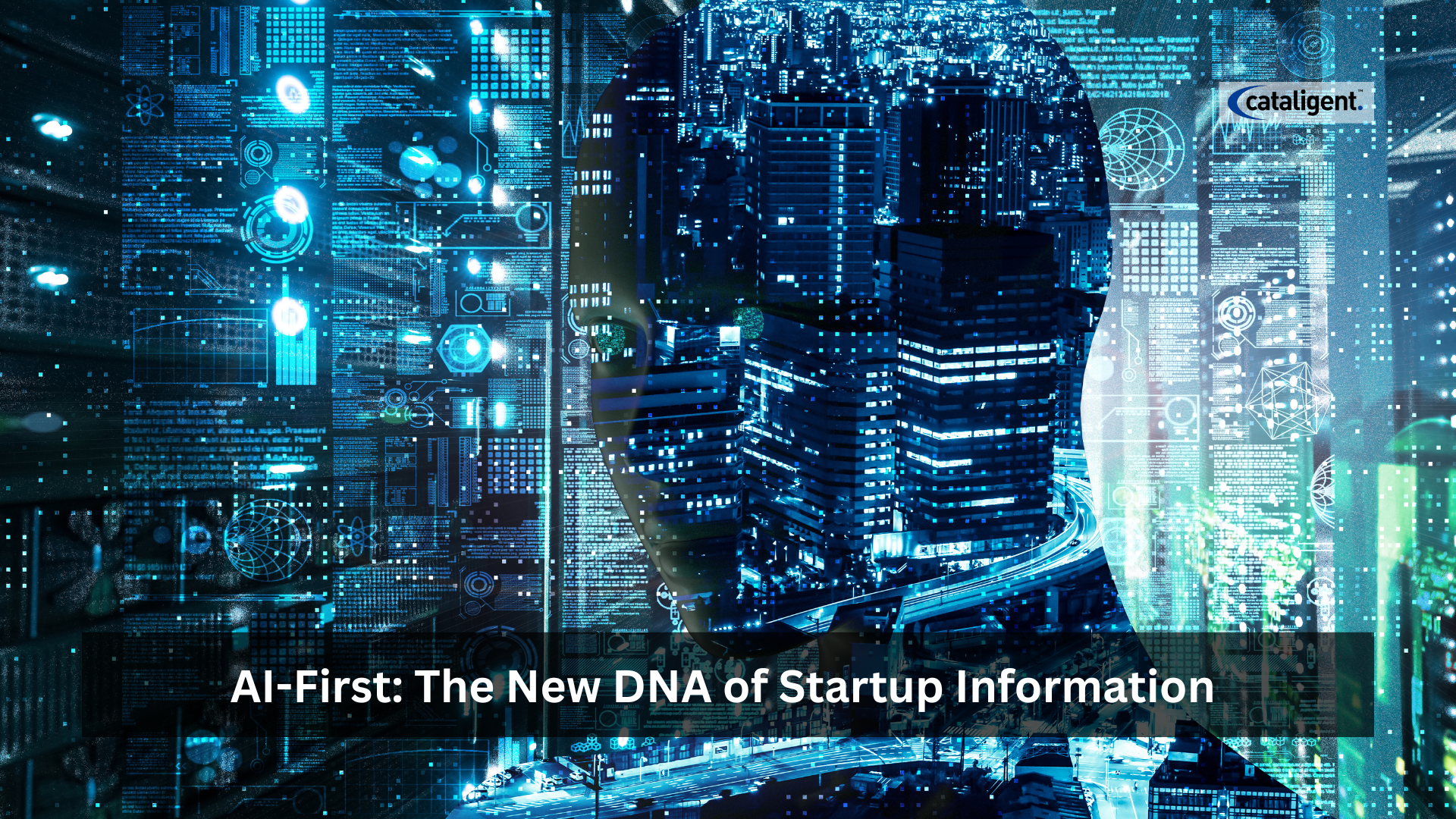Startups often dream of scaling fast, capturing markets, and building products that disrupt entire industries. But in this age of rapid technological acceleration, disruption is no longer a result of simply having a great idea — it’s about execution. And increasingly, that execution is being driven by artificial intelligence.
An AI-first mindset means treating AI not as an add-on feature, but as a core driver of strategy, operations, and customer engagement from the very beginning. For startups, adopting this approach can be the difference between struggling to keep up and leading the charge in innovation.
Why an AI-First Mindset Matters for Startups
1. Scalability Without Proportional Costs AI systems excel at automating repetitive processes, managing large datasets, and optimizing decisions. By embedding AI into business models early, startups can scale operations without the traditional cost surge that comes with hiring large teams or building extensive infrastructure.
2. Competitive Differentiation from Day One Instead of waiting to add AI when competition forces it, startups can position themselves as smarter, faster, and more adaptive right from launch. Early integration also means the AI models evolve alongside the business, becoming deeply aligned with its goals.
3. Data as a Strategic Asset The earlier AI is implemented, the sooner startups can begin collecting, structuring, and leveraging valuable data. Over time, this creates a compounding advantage that competitors find hard to replicate.
4. Personalized Customer Experiences AI can tailor services, recommendations, and support at a level that manual processes simply can’t achieve at scale. For startups, this level of personalization can be a key driver of customer loyalty.
5. Agile Decision-Making With AI-enabled analytics, startups can detect trends, evaluate risks, and pivot strategies far faster than traditional methods allow.
What an AI-First Startup Looks Like
An AI-first startup doesn’t just sprinkle AI features into its product — it bakes them into the very foundation of how the company operates.
In Strategy:
- Business models are designed around AI-enabled capabilities.
- Market opportunities are assessed through AI-driven research and predictive analytics.
- Resource allocation and scaling decisions are informed by algorithmic insights.
In Operations:
- Workflow automation handles everything from customer onboarding to supply chain optimization.
- Predictive maintenance prevents system downtime.
- Natural language processing streamlines internal communication and customer interactions.
In Customer Experience:
- AI-powered personalization adjusts interfaces, product recommendations, and offers in real-time.
- Chatbots and virtual assistants provide 24/7 support, instantly resolving common issues.
- Sentiment analysis monitors customer satisfaction and prompts timely engagement.
How to Build an AI-First Startup from Day One
1. Define the AI-Driven Value Proposition Identify exactly how AI will create measurable value for customers. Will it make processes faster, improve accuracy, lower costs, or offer entirely new capabilities?
2. Start Data Collection Immediately Even before launching a product, build systems that capture and store relevant data securely. The quality and quantity of your early datasets will determine the effectiveness of future AI models.
3. Select AI Tools that Scale Start with flexible platforms and frameworks that can grow with your business. Avoid locking into rigid systems that limit adaptability.
4. Integrate AI into Core Processes Don’t treat AI as a separate department. Embed it into product design, marketing, operations, and decision-making processes.
5. Foster a Culture of AI Literacy From founders to frontline staff, ensure everyone understands AI’s capabilities, limitations, and strategic role. This reduces resistance to adoption and encourages creative applications.
6. Prioritize Ethical and Transparent AI Set policies that ensure fairness, accountability, and explainability in AI decisions. This not only builds trust but also prepares the company for evolving regulations.
7. Measure and Iterate Continuously Track AI’s performance in delivering the intended outcomes. Continuously refine models and processes based on measurable results.
Common Pitfalls to Avoid
- Overcomplicating Early Models: Start small, prove value, then expand.
- Neglecting Human Oversight: AI is a tool, not a replacement for strategic human thinking.
- Ignoring Data Governance: Poor data quality will undermine even the best AI systems.
- Chasing Trends Over Value: Focus on business impact, not just adopting the latest AI buzzword.
The Long-Term Payoff
Startups that embrace an AI-first mindset early don’t just survive market changes — they anticipate and shape them. They build compounding advantages in data, customer insights, operational efficiency, and product innovation. Over time, their AI systems become a strategic moat, making it increasingly difficult for late adopters to catch up.
How Cataligent Can Help
Cataligent’s CAT4 platform is built to give startups the operational foundation they need to thrive in an AI-driven business environment. By combining multi-project management, IT service management, and data-driven process optimization, CAT4 enables startups to integrate AI into their workflows from day one.
- Multi-Project Management Module: Coordinate multiple AI-enabled initiatives with real-time dashboards, investment planning, and progress tracking.
- IT Service Management Module: Ensure smooth deployment and maintenance of AI tools with structured incident, change, and service request management.
- Internal Organization Module: Streamline tasks, manage resources, and ensure all teams are aligned with AI-enabled goals.
By leveraging these modules, startups can embed AI into strategy, operations, and customer experience while maintaining the agility needed to innovate. Cataligent helps transform the AI-first vision into a structured, executable reality — long before the startup becomes “big.”

